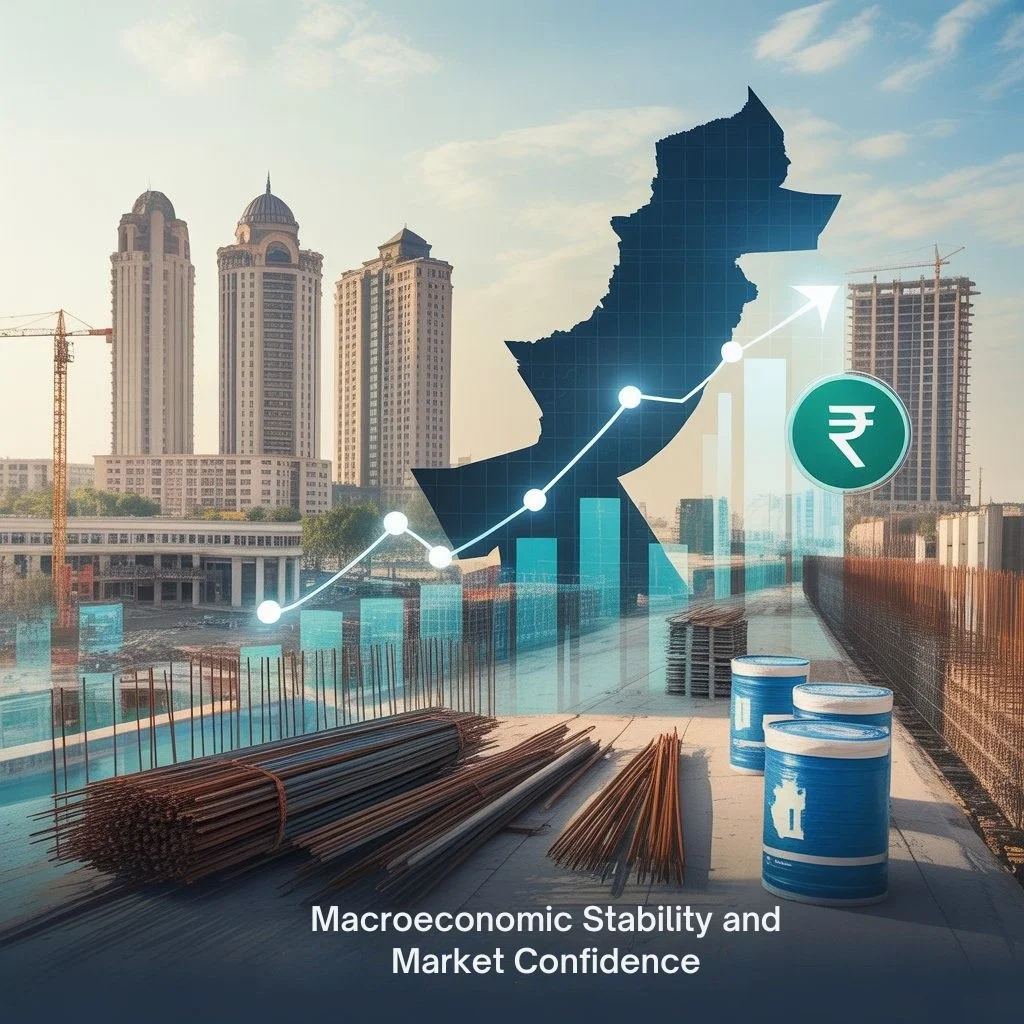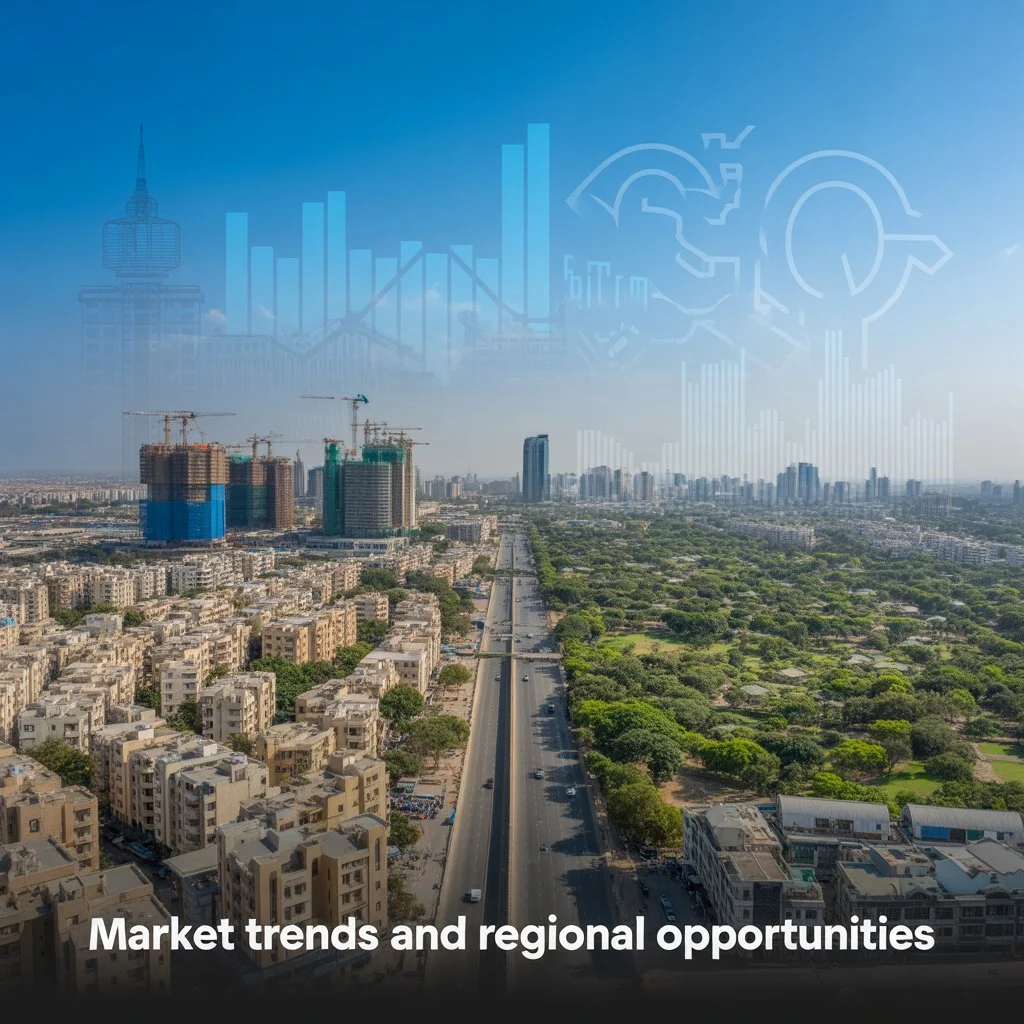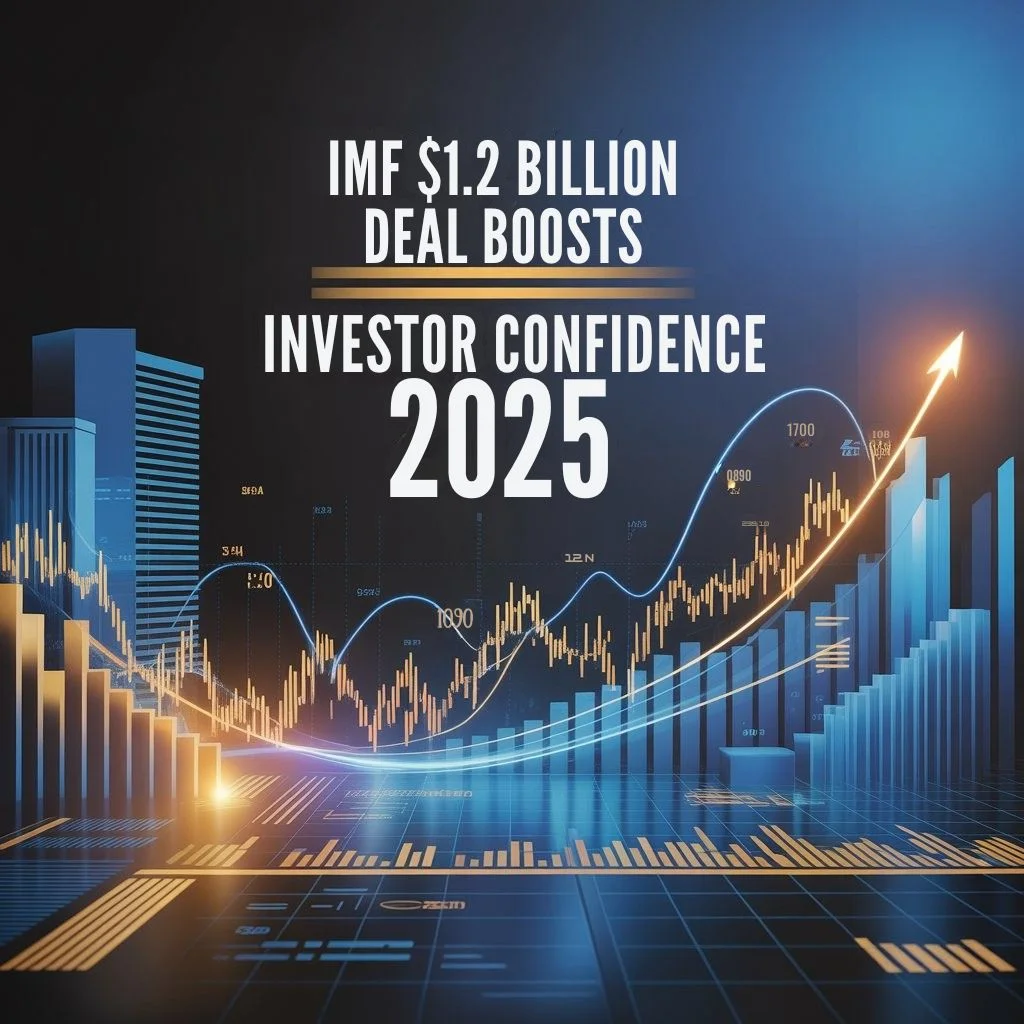Pakistan’s real estate market is entering a period of renewed optimism as the government secures a $1.2 billion IMF deal. This development marks a significant moment for the country’s economic recovery, with potential ripple effects across the property market in Pakistan. For investors, developers, and buyers, this turning point promises new opportunities and much-needed stability in 2025.
Economic Recovery and Investor Sentiment
The latest Pakistan IMF deal signals a vote of confidence in the country’s macroeconomic direction. Over the past few years, economic challenges such as currency depreciation, high inflation, and shrinking reserves have dampened investor confidence in Pakistan. However, the IMF’s approval of financial assistance brings relief and stability, positioning Pakistan for stronger growth.
As macroeconomic stability improves, both local and foreign investors are showing renewed interest in Pakistan real estate. The fresh injection of funds strengthens the rupee, supports inflation control, and improves the government’s ability to meet its fiscal obligations all vital for sustainable real estate investment in Pakistan.
Impact of IMF Funding on Pakistan’s Real Estate 2025
The impact of IMF funding on Pakistan real estate 2025 extends beyond economic headlines. Improved financial stability boosts purchasing power and lowers uncertainty in long-term investments like housing, construction, and infrastructure. Developers can expect easier access to credit and more predictable project timelines.
For homebuyers, confidence in future income growth encourages demand for residential properties, while commercial investors are eyeing opportunities in cities such as Lahore, Karachi, and Faisalabad key hubs for commercial real estate growth in Pakistan following IMF support.
The housing sector is likely to see an uptick in demand, especially as housing demand in Pakistan cities rises due to urban expansion and improved affordability.
Macroeconomic Stability and Market Confidence

The IMF programme reinforces macroeconomic stability in Pakistan through fiscal reforms and monetary discipline. With a stronger financial framework, Pakistan is expected to manage its currency stabilization after IMF bailout more effectively. A stable exchange rate ensures lower import costs for construction materials like steel and cement, helping builders and developers plan projects efficiently.
This economic predictability supports real estate pricing trends in Lahore, Karachi, and Faisalabad, as developers can price projects more accurately while maintaining margins. For international investors, the IMF’s involvement reduces perceived risk a key factor in attracting foreign investment in Pakistani property.
How the IMF Agreement Shapes Market Dynamics
The Pakistan IMF agreement acts as a psychological boost for investors who were hesitant due to volatility. With government policies becoming more transparent and supportive of private enterprise, the environment is turning conducive for real estate market Pakistan growth.
The IMF’s influence extends to better government policy for real estate in Pakistan, encouraging accountability and promoting investment-friendly regulations. The shift from speculative buying to genuine development is already visible, creating opportunities for long-term wealth generation.
Moreover, investor confidence after IMF agreement Pakistan property market signals that institutional and individual investors are now looking at real estate as a safer asset compared to volatile financial instruments.
A Turning Point for the Property Market
The Pakistan property investment outlook 2025 after IMF deal points to gradual recovery and sustainable expansion. Projects that were previously delayed due to financing issues are expected to resume, stimulating job creation and economic activity.
In Faisalabad, industrial and logistics real estate is gaining traction thanks to textile exports and infrastructure connectivity. Similarly, affordable housing projects in Pakistan are being revived through public-private partnerships, catering to the growing middle class.
Luxury developers in metropolitan cities are also seeing renewed demand for high-end real estate Pakistan, as stable currency conditions attract diaspora investment.
Market Trends and Regional Opportunities

The property market in Pakistan is diversifying. Investors are exploring not just residential and commercial options but also plots and houses for sale in Karachi, Lahore, and Islamabad, where new government incentives and financing schemes are being introduced.
At the same time, commercial property for lease Pakistan is gaining momentum as multinational companies and logistics providers seek expansion in industrial zones. This shift reflects confidence in the country’s long-term economic direction and the expectation that inflation will remain manageable under the IMF’s oversight.
The rise of housing societies in Pakistan that focus on sustainable and smart living solutions is another positive sign. These societies align with global urban trends, making the Pakistan property market more attractive to young professionals and overseas Pakistanis alike.
Real Estate Risk and Return Outlook
With the IMF deal anchoring stability, risk and return property investment in Pakistan are becoming more predictable. Investors can now expect moderate returns supported by steady appreciation rather than speculative spikes. This stability encourages portfolio diversification and builds trust among both domestic and international buyers.
Developers focusing on transparency, regulatory compliance, and community-driven planning will likely lead the next phase of growth. The market trends Pakistan real estate are shifting toward long-term sustainability rather than short-term profit cycles.
Confidence Returns to the Real Estate Sector
Pakistan’s real estate sector is on the brink of revival. The government’s collaboration with the IMF underscores a commitment to reform, creating conditions for real estate market growth in Pakistan. Economic indicators such as GDP expansion, lower inflation, and a stronger rupee all contribute to a more favorable investment climate.
For stakeholders from luxury real estate developers to first-time homebuyers the coming year represents a period of stability and progress. The alignment of fiscal policies with real estate goals will attract real estate investment opportunities Pakistan, boosting construction activity and demand for housing projects in Pakistan’s major cities.
Conclusion
The IMF $1.2 billion deal has done more than just support Pakistan’s balance of payments it has ignited renewed investor confidence, stabilized the economy, and reshaped the outlook for the Pakistan real estate market. As economic conditions improve, property remains a cornerstone of financial growth and stability for individuals and institutions alike.
With careful planning, supportive policy, and sustained investor optimism, 2025 could indeed be the turning point for Pakistan’s real estate market ushering in an era of sustainable growth, innovation, and prosperity.
Want to know more? Check out Pakistan’s 3.04% GDP Growth Sparks Real Estate Revival in Faisalabad
Like, share and comment: Facebook, Instagram, Youtube and TikTok.





Join The Discussion